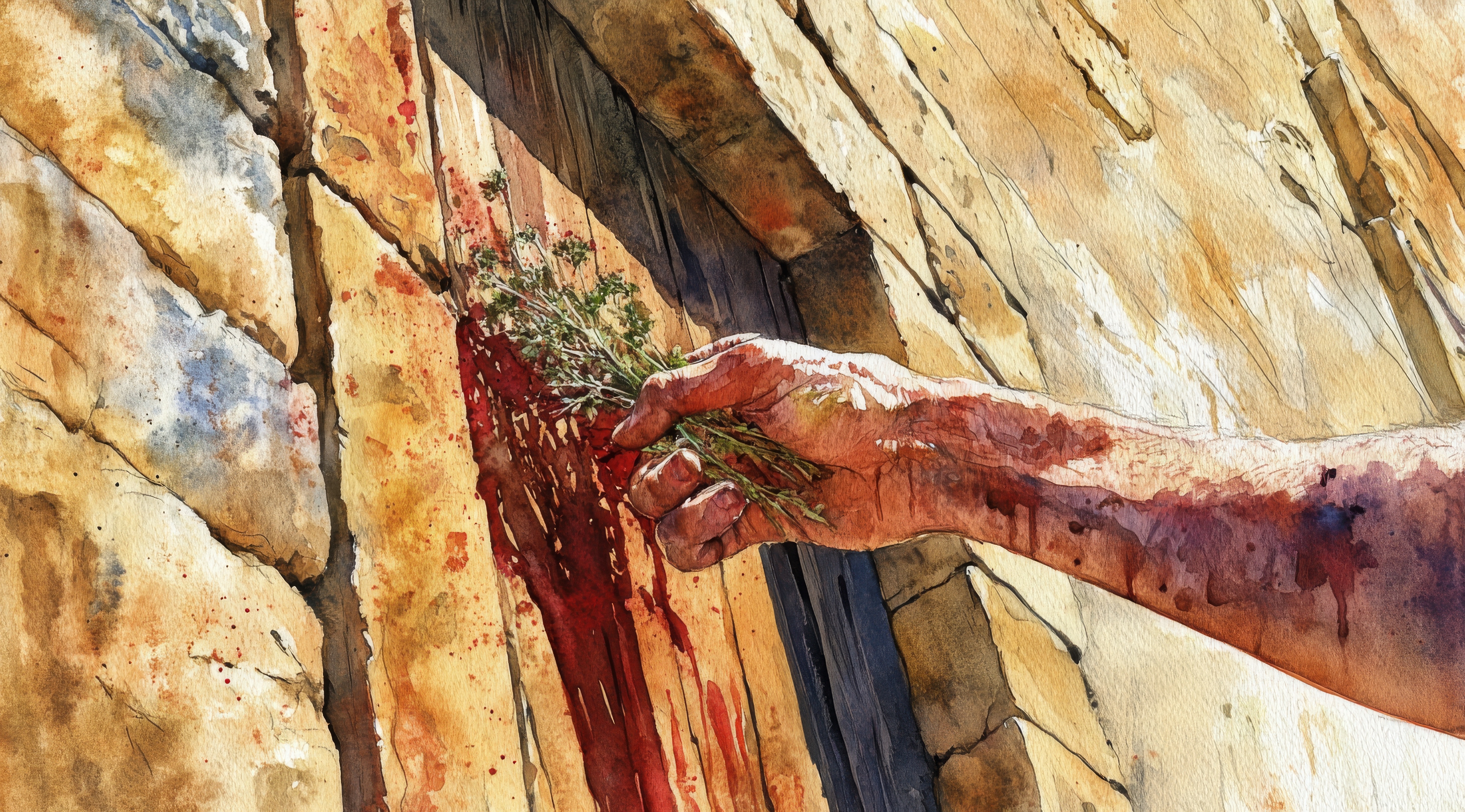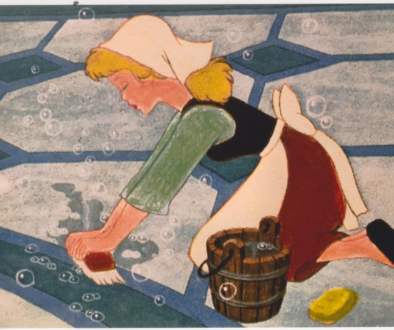Deuteronomy 25:5-10 In His Name

Moses shares a law that was in practice since at least the beginning of Israel’s history. This law concerns keeping the family name alive even after death.
You probably remember the story of Judah and Tamar. Tamar was the daughter in law of Judah and had married his oldest son, Er. He died before having any children. She was then given to Onan as his wife with the provision that her first son would carry on Er’s line. Onan took great pains to NOT get Tamar pregnant and God dealt with him for his behavior. Tamar was supposed to marry Judah’s youngest son, Shelah but Judah kept putting it off. Finally Tamar took matters into her own hands and became pregnant with Judah’s child by disguising herself as a shrine prostitute and entertaining Judah when he came by.
I’m curious here. Should Tamar’s first son, she had twins, have been Er’s descendant or Judah’s? The second would have been Judah’s by this law but because Er was Judah’s son what does that do to the propagation of the family name?
In Tamar’s story and in God’s Law the directions given here not only protected the deceased’s name from disappearing but also protected the widow. Being a widow was not a desirable status. It meant that you were not able to return to your father’s house for protection and that you now had no husband as your protector either. Being a widow with children would mean that the family money and land would remain with you and it would be held in safe keeping for the deceased’s children’s inheritance.
Women had few rights in society and were ill equipped to care for themselves. But this was one place where a woman had specific rights. A widow who was still of childbearing age but childless could demand that her husband’s brother take her as his wife to raise up children in his name. This would assure her of a home and place in the family.
I noticed a caveat in the first verse of our reading; “If brothers dwell together” (verse 5a). This provision would appear to grant this right to the woman only if the brothers lived near each other. I don’t know the boundaries of “dwell together” but I would assume it would have to be within an area where the widowed wife could easily be assimilated into the living brother’s household. Possibly within hours travel at most. Probably within the same city’s jurisdiction since they are the ones she has to bring her claim of abandonment to.
A sense of honor and family were BIG among the children of Israel. That is why the widow’s recourse capitalizes on the brother’s reputation. The knowledge of what could result was enough to keep most brothers in line. Ultimately the widow’s only legal recourse was to bring the surviving brother before the city elders and try and shame him into obedience. If he still refused, she could publicly humiliate him but nothing more.
I find it interesting that this woman has no say in who she will marry. She doesn’t have the right to refuse to be married to the surviving brother. She can’t choose on her own to marry someone else or even to refuse to marry the surviving brother if he chooses to obey this command. I have often wondered about the imbalance of power in this situation.
I believe that under the conditions in society at that time, this was the best protection for the newly widowed woman. God cared about her and cared for her.
Father God, NONE of Your children are forgotten or overlooked. You see each and every one of us and know our needs. You knew my needs when I was forced into divorce. You cared for me and my children. No husband watched over me but You did. You also brought me to a place where I was ready for a new husband. You held me in Your hands and allowed me to come to that point in my life without pushing or prodding. And when I was ready You brought me someone to fill that hole in my life.




